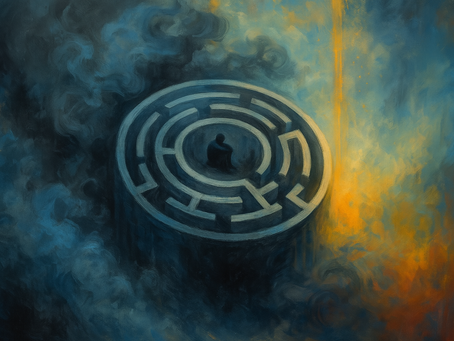top of page
Mental Health Knowledge, Revisited & Reimagined



When You Lose Yourself to Be Present for Others
Jung believed we gravitate toward people who reflect the aspects of ourselves we haven’t acknowledged—often traits we’ve repressed or disowned. If you’re endlessly drawn to someone emotionally unavailable or controlling, it may be because those traits exist within your own psyche, unintegrated.

Yuriy Bortnik
3 min read


Beyond SSRIs: Emerging Pharmacologic Strategies for Anxiety Disorders
While SSRIs and SNRIs are effective for many, they have limitations. Side effects, delayed onset of action, partial responses, or treatment resistance all drive the search for alternatives. The review highlights that a broader neurobiological understanding of anxiety is now informing medication development beyond serotonin and norepinephrine.

Harpreet Kaur
2 min read


The Future Is Now: How AI Is Shaping the Future of Psychiatry
Artificial intelligence is no longer a far-off concept in mental health care—it’s happening right now. At a recent American Psychiatric Association Innovation Lab, an AI-powered program aimed at identifying biological markers of mental illness received major recognition, signaling that technology is playing an increasingly serious role in how we diagnose and treat psychiatric conditions.

Yuriy Bortnik
2 min read


Managing Medication Side Effects: Solutions for Common Issues
While psychiatric medications can be life-changing, they sometimes bring side effects that can interfere with daily life

Yuriy Bortnik
2 min read


Exploring Options: Augmentation Strategies for Difficult-to-Treat Depression
The findings suggest that adding (or “augmenting”) another medication can be a valuable option

Harpreet Kaur
2 min read


Prolonged Grief Disorder: Understanding When Grief Doesn’t Ease
Losing someone you love is never simple.

Yuriy Bortnik
2 min read


Bridging Comfort and Care: Understanding ESAs and Service Animals
Small studies have hinted that the human-animal bond can reduce loneliness, foster social connection, and even improve cognitive focus.

Harpreet Kaur
3 min read
bottom of page
